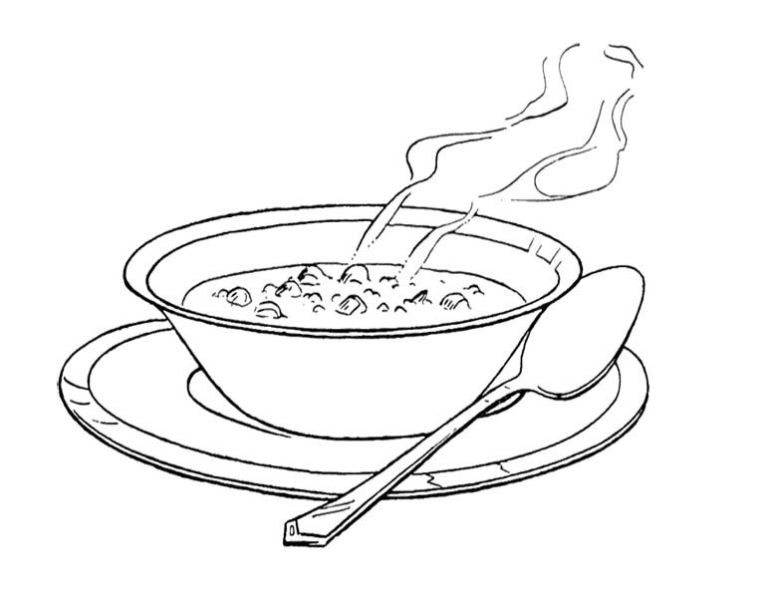It’s late. I am staying at a small inn. There is a wedding rehearsal dinner in the courtyard outside my room window. It’s a big shindig. There is a loud band. A crowd. Laughter. Twinkling lights.
I am eating peanut butter from a jar, watching the whole thing through my window.
The party band is playing “Benny and the Jets.”
It is 10:21 P.M.
The people in the wedding party are dressed snazzy. Men wear Sunday clothes. Ladies look like they’re ready for prom.
Everyone sips red wine from tall glasses in a sophisticated way which tells me they are not sipping Boone’s Farm Blue Hawaiian. I’ll bet it’s expensive wine.
I am in my bathrobe, standing by the window, sampling a fine vintage Smucker’s Crunchy Natural. Light bodied, with piquant overtones of Dothan.
I am a well-noted peanut butter lover. I eat several jars per week. The day before my wedding, my friends pitched in and bought me Sam’s Club gallon barrels of JIF. They wrapped them in red ribbons and
attached notecards.
My friend Bobby wrote: “This should last you a few days.”
The party band is playing an encore of “Benny and the Jets.” People are dancing. Friends, family, and happy people.
It’s hard not to smile. Because there is nothing more holy than friendship. Not to me. I grew up in a broken home. My friends were, are, and always will be the closest family I have ever had.
For example, earlier today I had lunch with one such friend. Her heart is gold, and she has the audacity to believe in me. She has believed since I first met her, not long ago.
You don’t forget people who believe in you, not for a hundred years. They don’t even have to say anything sentimental to tell you how they feel. All they have to do is give you…










